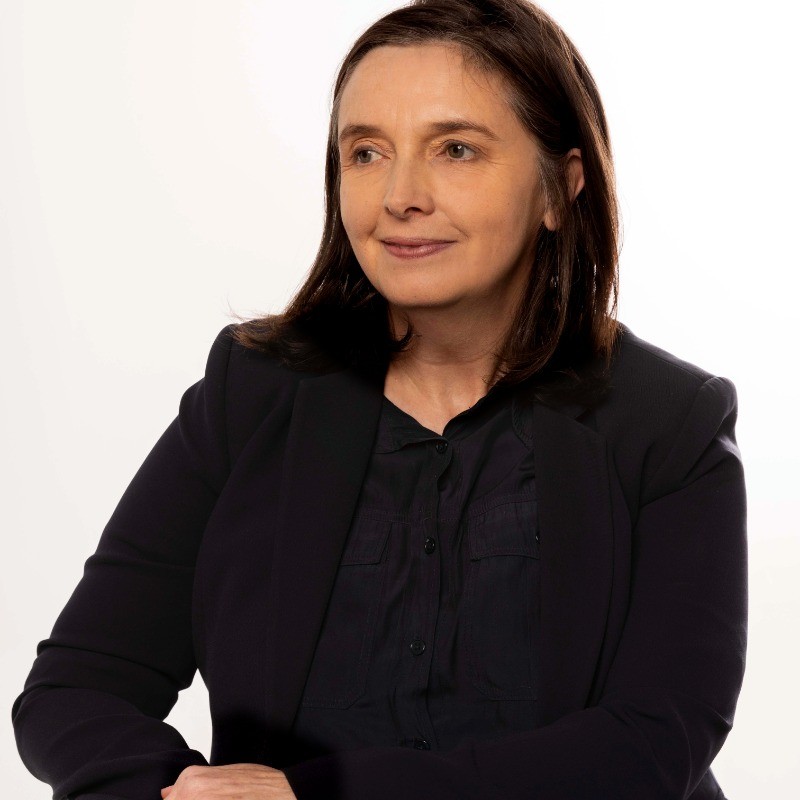Book chapters & journal articles
O'Mara, B., Harrison, M., Harley, K., & Dwyer, N. (In press). Making video games more inclusive for people living with Motor Neurone Disease (MND): a scoping review. doi:10.2196/preprints.58828 (25% contribution, 14 pages)
Dwyer N., Harrison M., O’Mara B. and Harley, K., 2024. Inclusive gaming through AI: a perspective for identifying opportunities and obstacles through co-design with people living with MND. Front. Comput. Sci. 6:1379559. doi: 10.3389/fcomp.2024.1379559
Dwyer, N., Darbyshire, T., Marsh, S., Watt, A., Dempster, N., & Brown, D. 2023. ‘Design Thinking in Post-Pandemic Times: Methodologies to Understand Trustworthiness’. In Researching the ‘New Normal’ Social World, Routledge Press
Dwyer, N., Miller-Bakewell, H., Darbyshire, T., Basu, A., & Marsh, S. 2021. ‘The ethical implications of using digital traces: Studying explainability and trust during a pandemic’. In Qualitative and Digital Research in Times of Crisis: Methods, Reflexivity, and Ethics (pp. 129-142), Bristol University Press
O'Mara, B., Dwyer, N., & Harrison, M. 2021. ‘Making videogames more inclusive for people living with MND: protocol for a scoping review’. Games for Change Asia-Pacific Journal, 1(1), 127-147. Retrieved from https://g4capac.org/journal/
Conference papers
Dwyer N., Aronson G., Gronow K., Cook Almenara W., Ibaida A., Raikundalia G., Dodd, S., Watt, A. 2023, ‘Large Language Models as an Enabler in Higher Education Environments: A Case Study’, Chatbot Research and Design. 7th International Workshop, CONVERSATIONS 2023, Oslo, Norway, Nov, 2023
Harrison, M., O’Mara, B., Dwyer, N., & Harley, K. (2023, November, 17-18). Changing the game for people living with MND [Conference presentation]. MND Australia Research Symposium, Newcastle, Australia. https://www.mndaustralia.org.au/research/2023-mnd-research-symposium (25% contribution)
O'Mara, B., Harrison, M., Harley, K. & Dwyer, N. 2022, ‘Changing the game for people living with MND’. [presentation] In, International Symposium on ALS/MND Allied Professionals Forum, San Diego. Retrieved from https://www.youtube.com/watch?v=5IpU469sEVk
Dwyer, N., Miller-Bakewll, H., Darbyshire, T., Basu, A., & Marsh, S. 2022, ‘Assessment, Trust, Transparency and Chatbots’. [presentation] In Data-informed Stories, Transformational Journeys: Indiana University’s 3rd Annual Learning Analytics Summit. virtual: Indiana University Centre for Student Success. Retrieved from https://lasummit.indiana.edu/past/la_summit_2021.html
Darbyshire, T., Basu, A., Marsh, S., Dwyer, N., & Miller-Bakewell, H. 2019, ‘Empowering People with Informed Consent’. In Z. Engin, J. Crowcroft, & S. Verhulst (Eds.), Data for Policy. London: Data for Policy. Retrieved from https://dataforpolicy.org/data-for-policy-2019/
Consultancy reports
Dwyer, N (2011), Research Report: Communicating, technology and the Family: an Australian Perspective, Working Paper, British Telecom, Ipswich, U.K.
Dwyer, N (2008), Research Report: Towards Trust-Enabling Technology, Traces of Trust, Working Paper, British Telecom, Ipswich, U.K.
Dwyer, N (2006), Research Report: Trust and the Young Digital User: The Significance of the Trustee’s Intention, Motivation and the Gift Exchange Process, Working Paper, British Telecom, Ipswich, U.K.
Invited lectures/panel
Keynote, ‘Is this Thing Working? A Look at Trust Environments from the Person’s Perspective’, International Conference on Self-Adaptive and Self-Organising Systems
Public lecture, ‘When Trust is in the Foreground for Users’, Hannover Medical School, Germany, Moderator: Urs-Vito Albrecht, 1 June 2015
Invited member, British Telecom’s ‘Culture, Communication and Change’ Panel. Design Council London, U.K, July 2011
Invited Policy Network Fellow, University of Cambridge, Centre for Science and Policy (http://www.csap.cam.ac.uk/network/natasha-dwyer/)
Videos
Commissioned by IGI Global to produce a series of videos entitled ‘The Design of Digital Health’ (in progress).
Thesis
Dwyer, N 2011, Traces of digital trust: an interactive design perspective(Doctoral dissertation, Victoria University) (*a full written dissertation that includes discussion of two creative projects that I made during the time of my candidature).
Dwyer, N 2003, The Potential of Metaphor in Designing Art-based Interactives. RMIT University.


